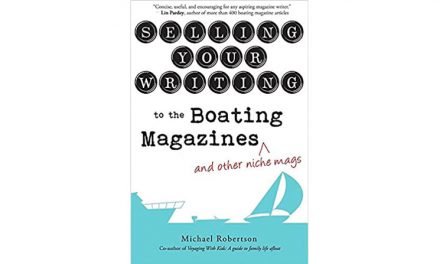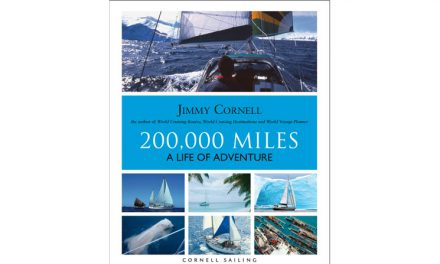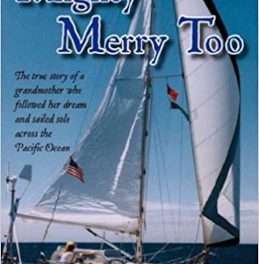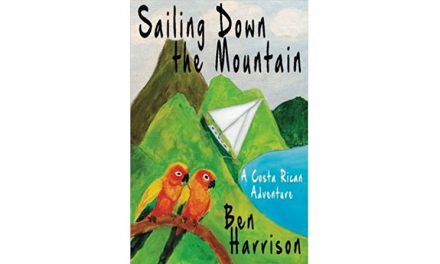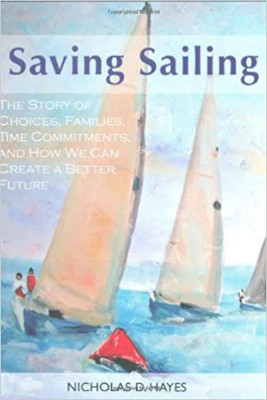 Nick Hayes, a market researcher, interviewed over 1,000 sailors and would-be sailors between 2003 and 2009 to gather material for this book. According to his figures, fewer than 1% of Americans are self-described sailors today. In the late 1980s, almost 10 million middle-class Americans called themselves active sailors.
Nick Hayes, a market researcher, interviewed over 1,000 sailors and would-be sailors between 2003 and 2009 to gather material for this book. According to his figures, fewer than 1% of Americans are self-described sailors today. In the late 1980s, almost 10 million middle-class Americans called themselves active sailors.
Hayes’ concerns? Why isn’t sailing, the activity that has given his family so much pleasure amid the glorious aesthetics of the sea, the most irresistible pastime in the world? Why the decline not only in sailing, but in other active pastimes of American families? Hayes takes on not only the ebbing interest in sailing, but the dwindling of family togetherness as a whole. Wide-ranging as that objective is, his intentions in writing the book seem genuine.
His premise? In the introduction, Hayes sounds like a litigator. He says right out that he will present a case that the way we use our free time has enormous consequences for us, the people around us and potentially for the generations that follow. “I will show…I will distinguish . . . I will propose . . .We will consider . . . We will use . . . We will focus . . .” In the third chapter he is still telling us what he is going to tell us.
His approach? Hayes intersperses his findings and his opinions with vignettes consisting of composite characters patched together from the people he interviewed. In so doing, Hayes fails to project sufficient authority and, therefore, sufficient confidence on the part of the reader. Unfortunately, the characters feel like characters, not real sailors.
His answer? The choices people make in how to spend their “real available time” — about 55% of Americans say they simply do not have enough time to sail.
His solution? Mentoring. Rather a simplistic wrap to the entire family togetherness quandary, but would that it works. Saving Sailing ends with an action plan — “Specific ideas on how to rescue the Life Pastime.” Potential readers might like to scan this conclusion prior to purchasing the book.
The gist of it all? Saving Sailing could be subtitled “A Lite Look at Life Pastimes.” Nevertheless, it is an easy read and the author is enthusiastic about change in a direction that we all, undoubtedly, support. More present and future sailors? That’s good. More family together time? That’s good. Anyone who supports those goals. Again, good.
Saving Sailing: The Story of Choices, Families, Time Commitments and How We Can Create A Better Future By Nicholas D. Hayes (Crickhollow Books, 2009; 240 Pages)

